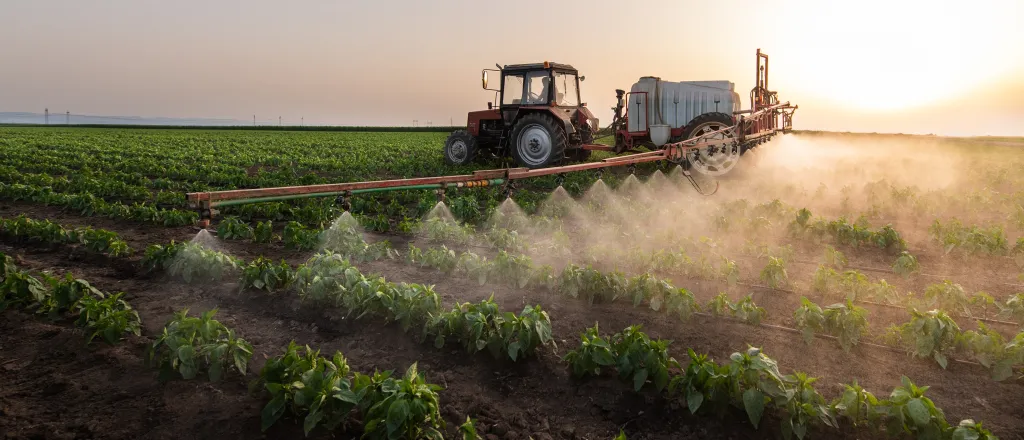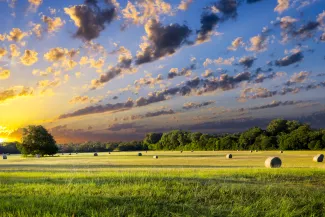
America's historic crops at risk as DOGE cuts funding for seed bunkers
© fotokostic - iStock-1324890919
Click play to listen to this article.
Working without fanfare, federal scientists at 22 U.S. sites maintain the nation's agricultural plant species collected since 1898, including crops native to New Mexico. But the Trump administration's DOGE agency has fired them. The move creates uncertainly for hundreds of crop species that undergird the country's food system. The U.S. National Plant Germplasm System safeguards the genetic diversity of agriculturally important plants.
Iago Hale, associate professor of specialty crop improvement at the University of New Hampshire, said the potential loss of these "seed bunkers" should alarm every American.

© Dean_Fikar - iStock-503150251
"If you subsist totally on chicken nuggets and KFC, that's fine - understand that that comes back to plants grown in the field. The breading on your fried chicken, the French fries that you're eating - these are all products of crops, and this is how it works," he said.
A court order has temporarily reinstated some of the 300 NPGS scientists, but it's unclear when their work will resume - putting 600,000 genetic lines of some 200 crop species in jeopardy. New Mexico's pinto beans, jujube and ornamental species are included in the crop research and improvement dataset historically housed through the NPGS.
Hale said the NPGS is central to the nation's preparedness, because the food system is only as safe as our ability to respond to the next plant disease. Unless dormant seeds are continually cared for and periodically replanted, Hale noted the lines will die, along with their evolutionary history. Hale said potatoes, the fourth-largest crop, require even more care than wheat or corn.
"They're not maintained as seed, they're maintained as potatoes - it's a clonally propagated crop, and there is no long-term storage for those things. So, the nation's entire potato collection has to be grown out every year - has to be regenerated every year, without fail, or it will die. And the potato season has been disrupted," he explained.
Hale said apples also must be maintained as living plants in the open field and scientists follow strict requirements to sustain genetic purity. In the 1980s, he notes, scientists at a gene bank in New York helped identify genetic traits that made apples resistant to several destructive diseases, including deadly fire blight.

















